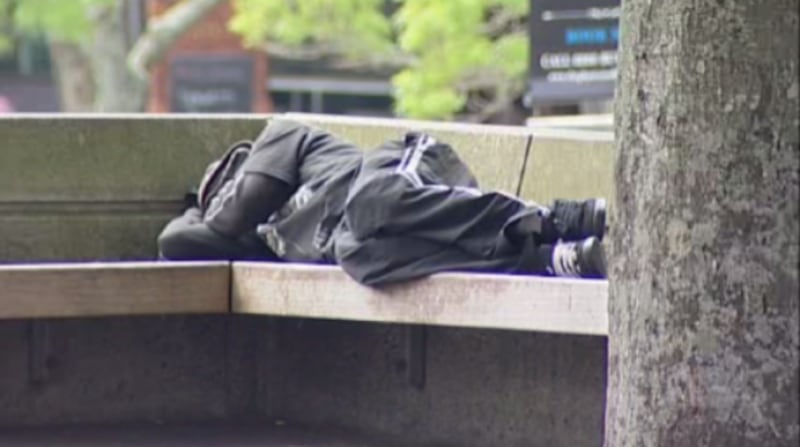The People's Project in Hamilton has advised, assisted and housed over 800 individuals and families. Among the housed are 78 of the 80 rough sleepers or chronically homeless people identified in the central city in 2014.
The People's Project, New Zealand's first large scale 'Housing First' initiative, aims to have no-one living on the streets or sleeping rough in Hamilton by the end of 2016. It's a community collaboration which includes Hamilton City Council, New Zealand Police, Ministry of Social Development, Child, Youth and Family, Housing New Zealand, Department of Corrections, Waikato District Health Board, Midlands Health, Hamilton Central Business Association, Te Puni Kōkiri and Wise Group.
Local Police have reported that inner city crime has reduced. A Hamilton City Council constituents' survey reported that businesses and the public are feeling safer and, more importantly, almost all of the rough sleepers are in homes they can call their own.
The People's Project leader Julie Nelson says, "People find themselves homeless or having to sleep rough for many reasons, including debt, mental health and addiction issues, trauma, relationship or family breakdowns and health problems. The Housing First model operates on the premise that people have a basic right to a home and should be treated with dignity and respect."
The team's focus has been to quickly move vulnerable people into appropriate housing and immediately provide access to the services they need to address the issues that have led to their homelessness.
Ninety four percent of those housed by The People's Project, remain in their homes a year or two down the track. Julie Nelson says 75% of those they have helped have found homes in the private rental sector, with local landlords providing vital support by taking a chance on people who may otherwise be excluded from the private market.
Homeless is an emerging issue for the city.
"A lot has changed in the two years since The Peoples Project opened. We have seen dramatic changes in the housing market and as a consequence increased numbers of transitionally homeless families and individuals.
What we know is that rough sleepers make up only 5% of Hamilton's homeless population. The majority of homeless people, around 80%, find themselves transitionally homeless or without a home for a short period of time. It's this group, sadly dominated by families, that is growing and for many, it's their first experience of needing social services," says Ms Nelson.
The priority for The People's Project now is to continue working with the small number of rough sleepers or chronic homeless who have emerged since their initial head count just over two years ago while preventing more individuals and families from the joining them on the streets.
"This project has shown what can be achieved when a city works together. Two years on, we are thrilled that more people will be celebrating Christmas in their own homes."

